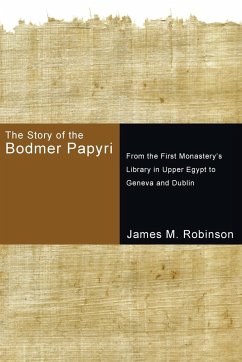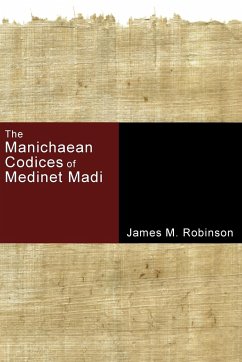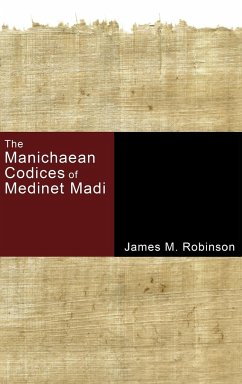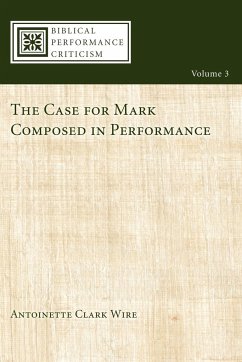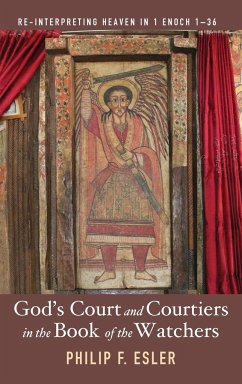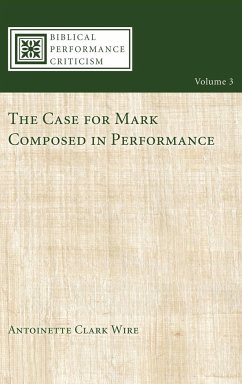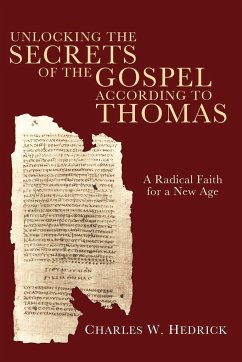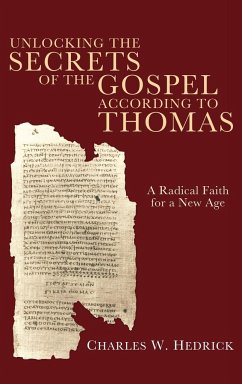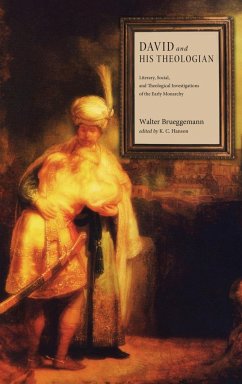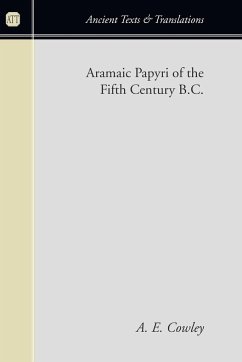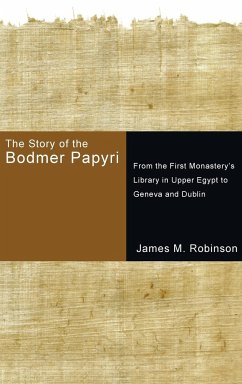
The Story of the Bodmer Papyri
Versandkostenfrei!
Versandfertig in 1-2 Wochen
36,99 €
inkl. MwSt.
Weitere Ausgaben:

PAYBACK Punkte
18 °P sammeln!
The United Nations Educational and Cultural Organization (UNESCO) entrusted author James Robinson with tracking down the place where the Nag Hammadi Codices had been discovered. Priests whom the author interviewed in the region told Robinson that the codices had once been in the possession of a priest in the town of Dishna, a bit further upstream than Nag Hammadi itself. Robinson found that this priest had not had the Nag Hammadi Codices but rather the Bodmer Papyri. For Dishna is where the monastery headquarters of the first monastic order was located. The Bodmer Papyri discovery consisted of...
The United Nations Educational and Cultural Organization (UNESCO) entrusted author James Robinson with tracking down the place where the Nag Hammadi Codices had been discovered. Priests whom the author interviewed in the region told Robinson that the codices had once been in the possession of a priest in the town of Dishna, a bit further upstream than Nag Hammadi itself. Robinson found that this priest had not had the Nag Hammadi Codices but rather the Bodmer Papyri. For Dishna is where the monastery headquarters of the first monastic order was located. The Bodmer Papyri discovery consisted of all that was left of the library of the Pachomian monastic order: Coptic letters of Pachomius and very early Greek copies of Luke and John, perhaps donated when Athanasius was in hiding at the monastery. These treasures were preserved in a jar hidden in the mountain where monks were buried. This book traces the story of the Bodmer Papyri from beginning to end.





